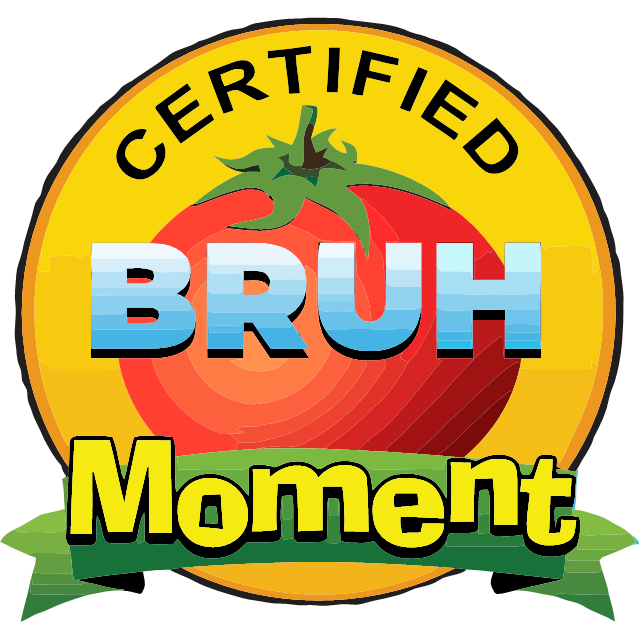Infants and toddlers may be psychologically wired to thrive with high levels of "sensitive care" and personal attention, according to a study conducted with contemporary hunter-gatherer societies.
I give them the benefit of the doubt since their heart seems to be in the right place, and they study/restore fish habitat, remove dams, etc. but it was definitely a
If I were being charitable, I could easily understand what this PhD was getting at.
How do we know what is in balance right now, what is within the acceptable +/- of that Goldilocks Average and at what quantifiable point will the balance start moving outside of the Goldilocks zone. It makes sense from a spreadsheet standpoint. But it also ignores the reality that trying to quantify this just gives us an excuse to break the system again with the excuse of “well, my spreadsheet said we could burn up to 43% of the Amazon Rain forest and not push the global temp increase past 2 degrees, it will just be 1.9 degrees. I don’t know why the world is still on fire?”
Yeah exactly - as I posted that it occurred to be that it’s a big blind spot for me- having the privilege to assume charitable readings of things- when for the teachers it had to be incredibly frustrating to have someone miss the point so bad- and like you’re saying, the quantification aspect is often used to push systems to the breaking point (and usually tied to monetization somehow) rather than incorporating into a system of knowledge. Anyway- I have no authority in the group- but fortunately much better teachers have given thought to this and so I pass along their works in reading lists for the group- hopefully at least one person reads at least one recommendation! Facilitating the group often feels like detective work- following the trail of missed points until you find the one that made just enough sense to them for the concept to click. Hell I’ve dedicated a lot of time to trying to do better, and am constantly self-critiquing and finding ways new ways I’ve unintentionally shown my ass recently.
I give them the benefit of the doubt since their heart seems to be in the right place, and they study/restore fish habitat, remove dams, etc. but it was definitely a
If I were being charitable, I could easily understand what this PhD was getting at.
How do we know what is in balance right now, what is within the acceptable +/- of that Goldilocks Average and at what quantifiable point will the balance start moving outside of the Goldilocks zone. It makes sense from a spreadsheet standpoint. But it also ignores the reality that trying to quantify this just gives us an excuse to break the system again with the excuse of “well, my spreadsheet said we could burn up to 43% of the Amazon Rain forest and not push the global temp increase past 2 degrees, it will just be 1.9 degrees. I don’t know why the world is still on fire?”
Yeah exactly - as I posted that it occurred to be that it’s a big blind spot for me- having the privilege to assume charitable readings of things- when for the teachers it had to be incredibly frustrating to have someone miss the point so bad- and like you’re saying, the quantification aspect is often used to push systems to the breaking point (and usually tied to monetization somehow) rather than incorporating into a system of knowledge. Anyway- I have no authority in the group- but fortunately much better teachers have given thought to this and so I pass along their works in reading lists for the group- hopefully at least one person reads at least one recommendation! Facilitating the group often feels like detective work- following the trail of missed points until you find the one that made just enough sense to them for the concept to click. Hell I’ve dedicated a lot of time to trying to do better, and am constantly self-critiquing and finding ways new ways I’ve unintentionally shown my ass recently.